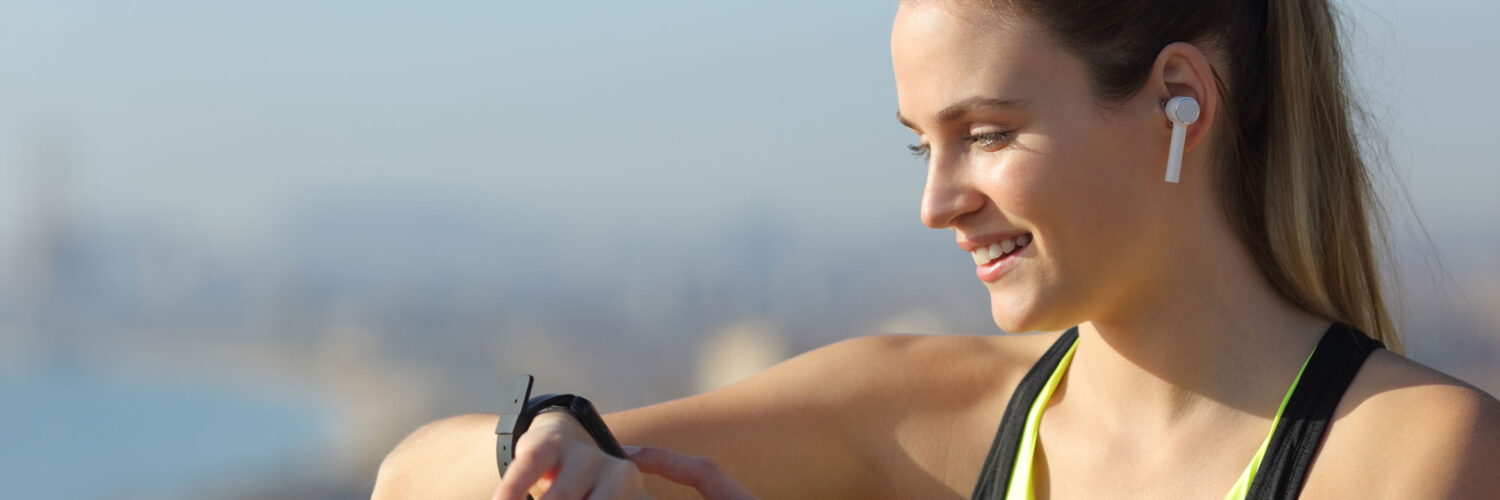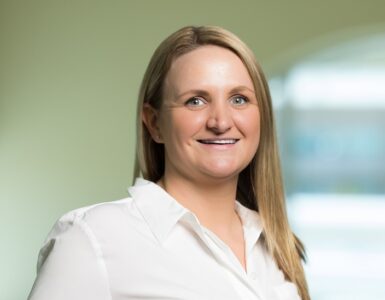The ability of smartwatches and other fitness trackers to monitor heart rate can be appealing for many athletes and, really, anyone trying to get in shape. But if you’re at risk for heart problems, could wearing a smartwatch help save your life by noticing an arrhythmia? Probably not, says David Baker, MD, Medical Director of Carson Tahoe Medical Group.
“In general, the watches will detect a problem when there isn’t one,” Dr. Baker says. “There are a lot of ‘false positives’ with these devices.”
But that doesn’t mean smartwatches can’t help you monitor your cardiac health, especially in consultation with your physician.
“The true strength of the smartwatch is for patients to use the data to help them maximize their exercise routines and make healthy life choices,” Dr. Baker says.
Smartwatches can also be very useful for tracking your average heart rate when you exercise.
“If you subtract your age from 220, you will get your maximum heart rate,” Dr. Baker says. “With exercise, a target fat-burning range for your heart rate is about 60 percent to 75 percent of the maximum. For cardiac conditioning, a heart rate of about 75 percent to 85 percent of the maximum is recommended. However, many things can influence these numbers, so it’s a good idea to discuss them with your physician. The numbers offer a safe guideline for how to approach exercise.”
Smartwatches and Monitoring Sleep
Dr. Baker also says that some smartwatches can perform basic cardiac rhythm assessments while you sleep. A smartwatch may be able to tell you how well you rest after exercising that day, if alcohol affects your sleep patterns, or if your heart rate is stable or shows worrisome signs, such as atrial fibrillation (irregular heart beat). Some watches can also tell you if you’re waking up throughout the night, which may be a sign of a medical condition like sleep apnea. Dr. Baker stresses that no data provided by a smartwatch is truly diagnostic, but if you do see anything of concern, you should discuss it with your provider.
“Every once in a while, there are real issues that need attention,” he says. “When a patient works with their providers, the watches can be helpful in monitoring some heart conditions.”
Need a cardiologist? Call (775) 445-7650 or make an appointment online.







